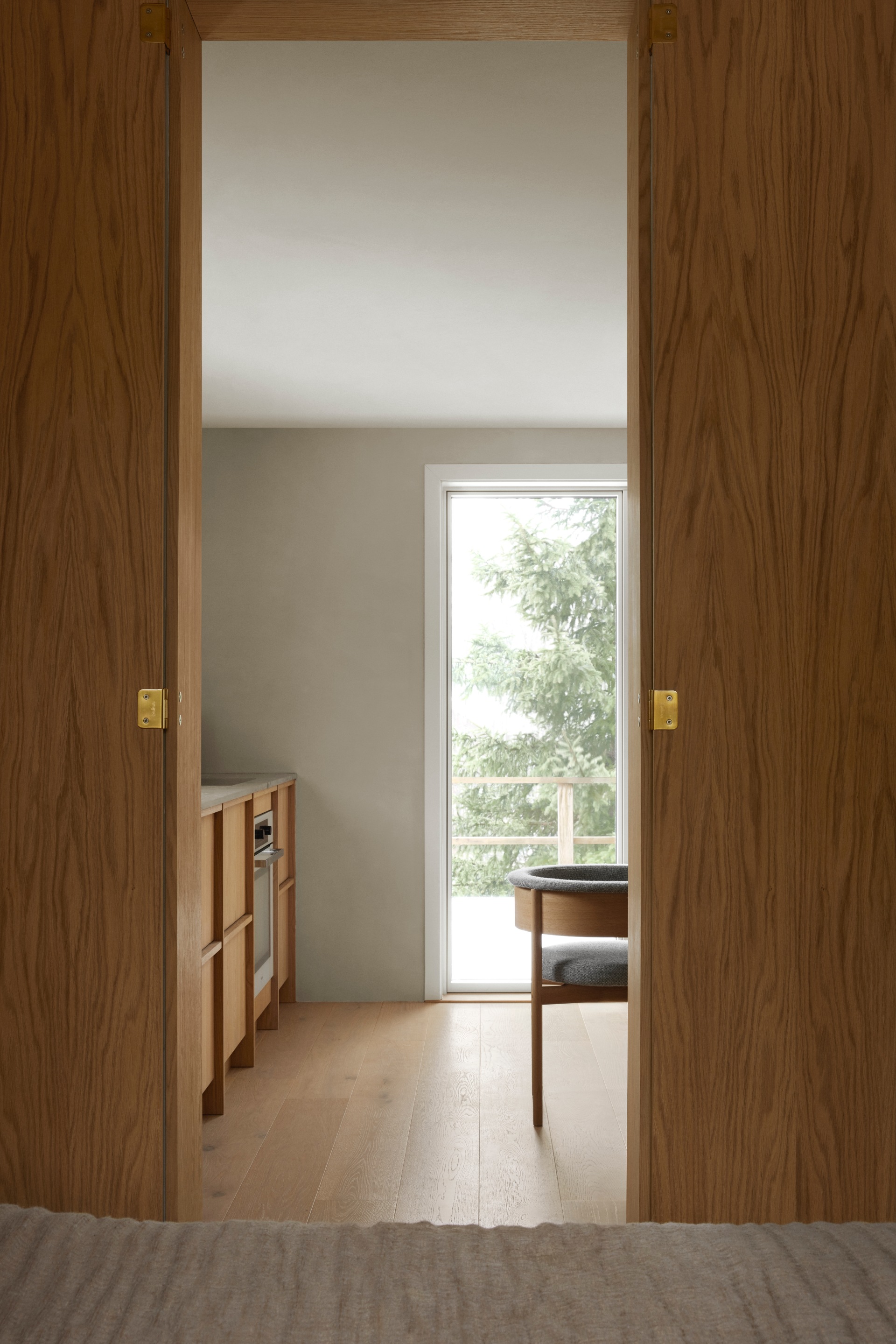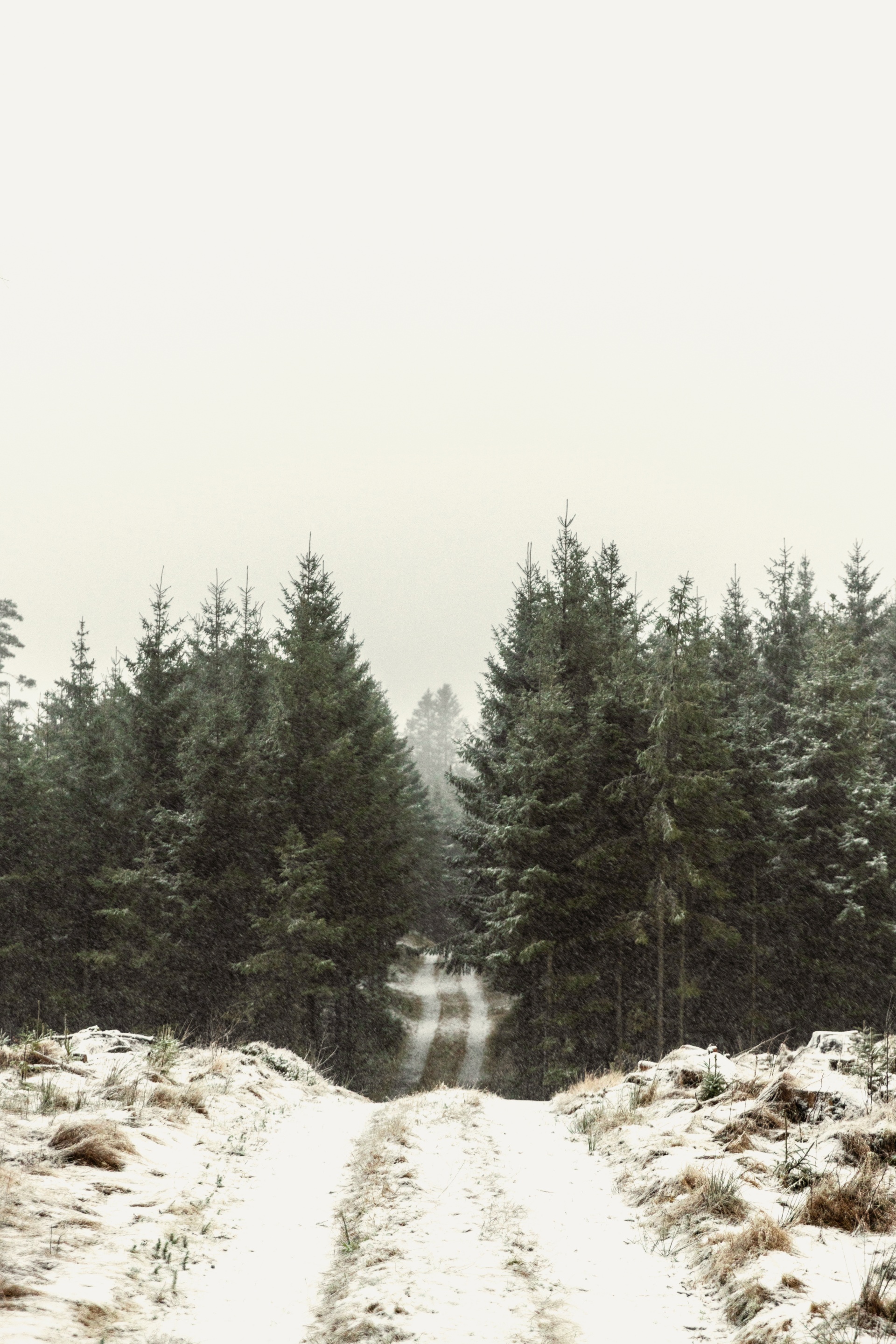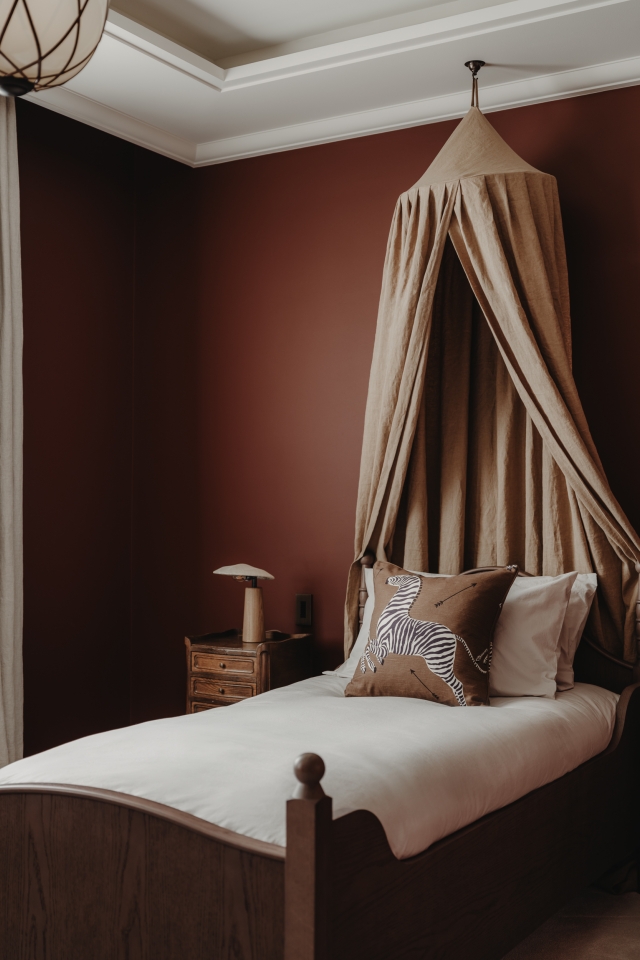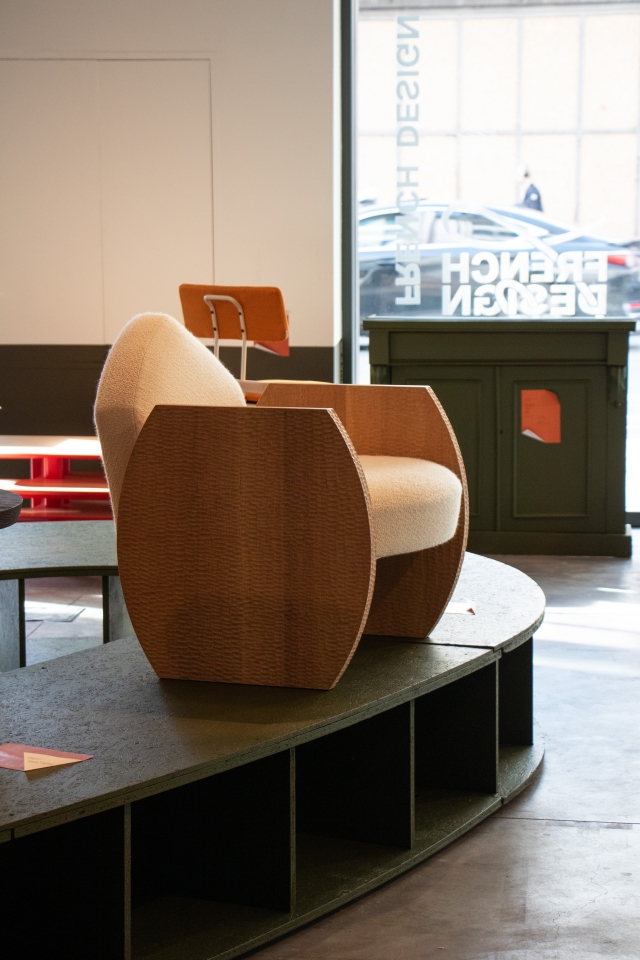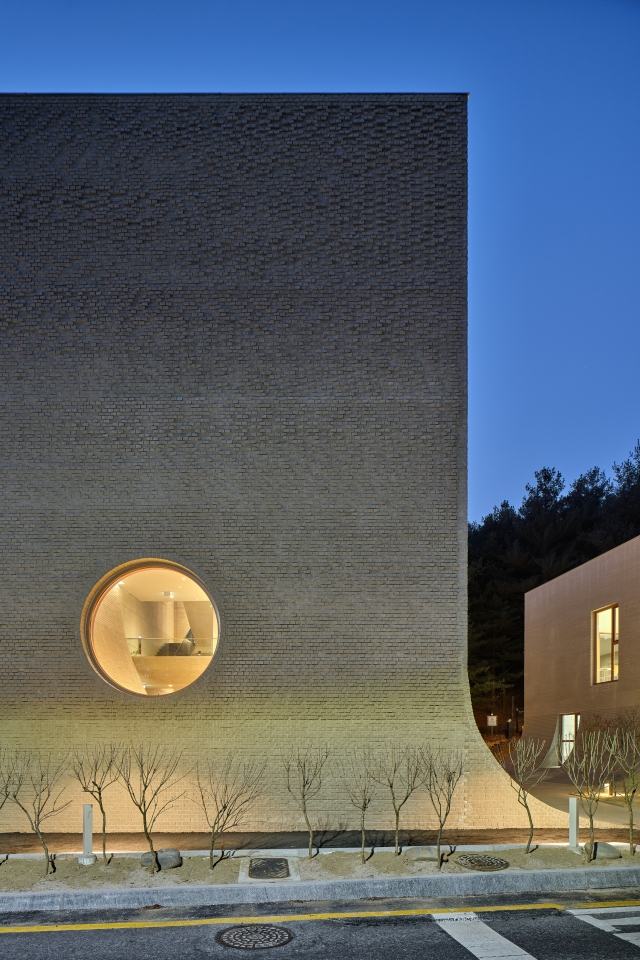This Forest Retreat by Norm Architects does exactly that by taking us back to the basics. Situated deep in the Swedish forests, close to a tiny winter sport area, a small traditional wooden retreat sits on top of a ridge formed millions of years ago. Besides the pine forest covering the fault, the surrounding landscape is a low undulating region of heaths and ridges that rise above gently sloping sandy beaches and small beach towns. Now completely remodeled, the space feels entirely intertwined with nature – both in terms of materiality and outlook.
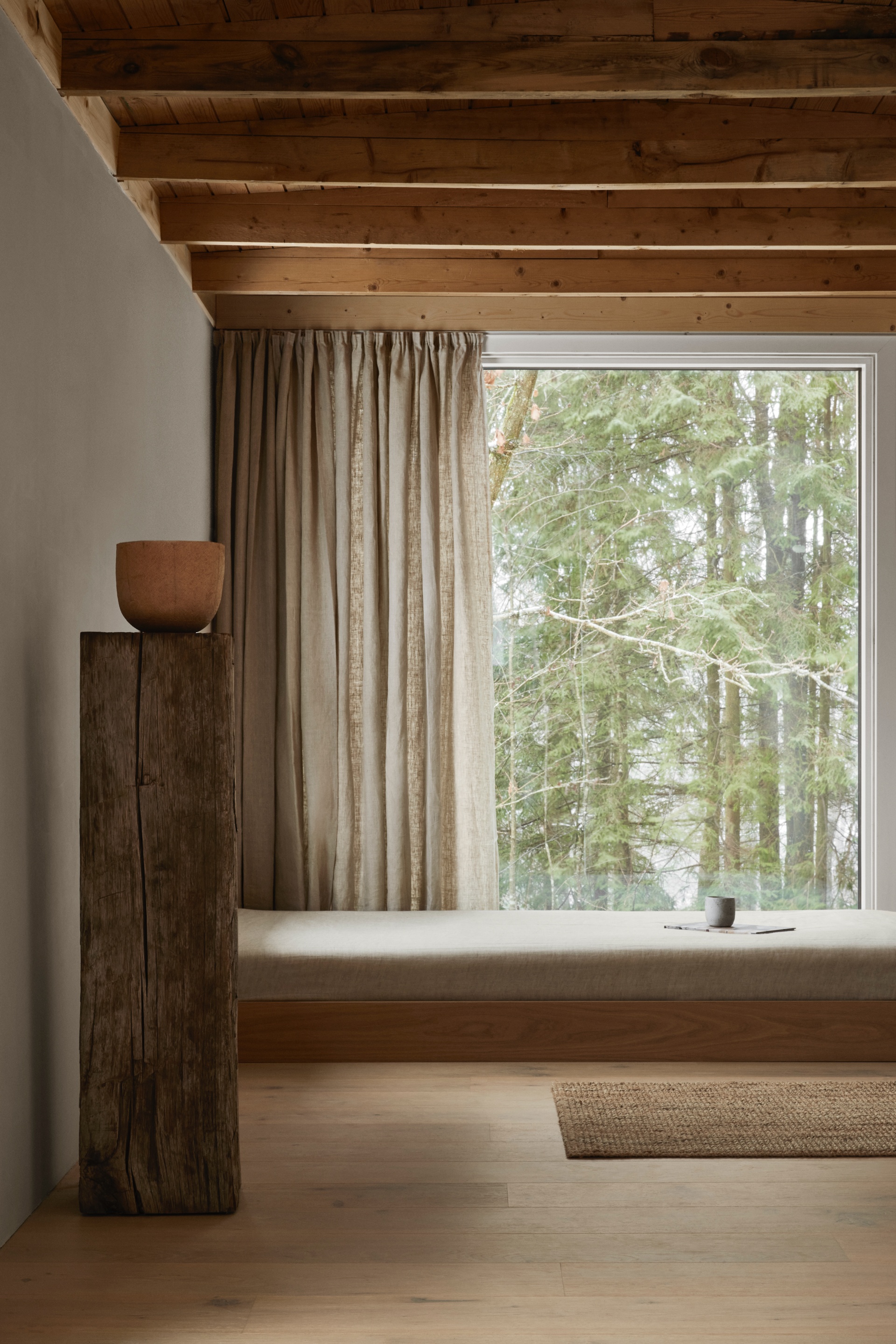
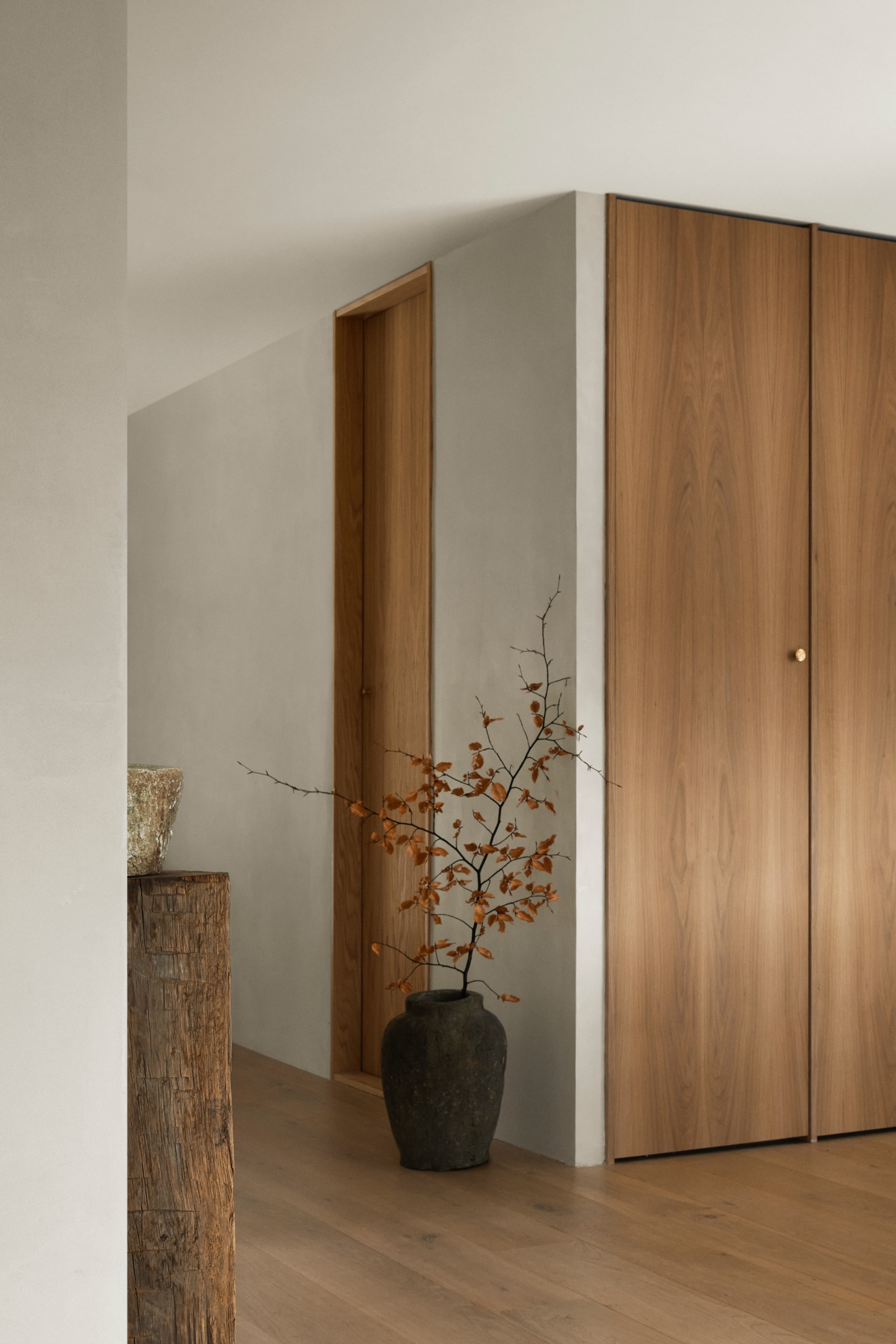
Designed for a simple life during both summer and winter months, the cabin is rustic yet refined, only equipped with the necessities when opting for a slow living. Surely, the journey towards finding out what is essential in our lives is a delicate balance between the pleasure things and possessions give us and the pleasure of freeing ourselves from them. Essentialism is a natural outcome of a selective process, but not necessarily simple or easy.
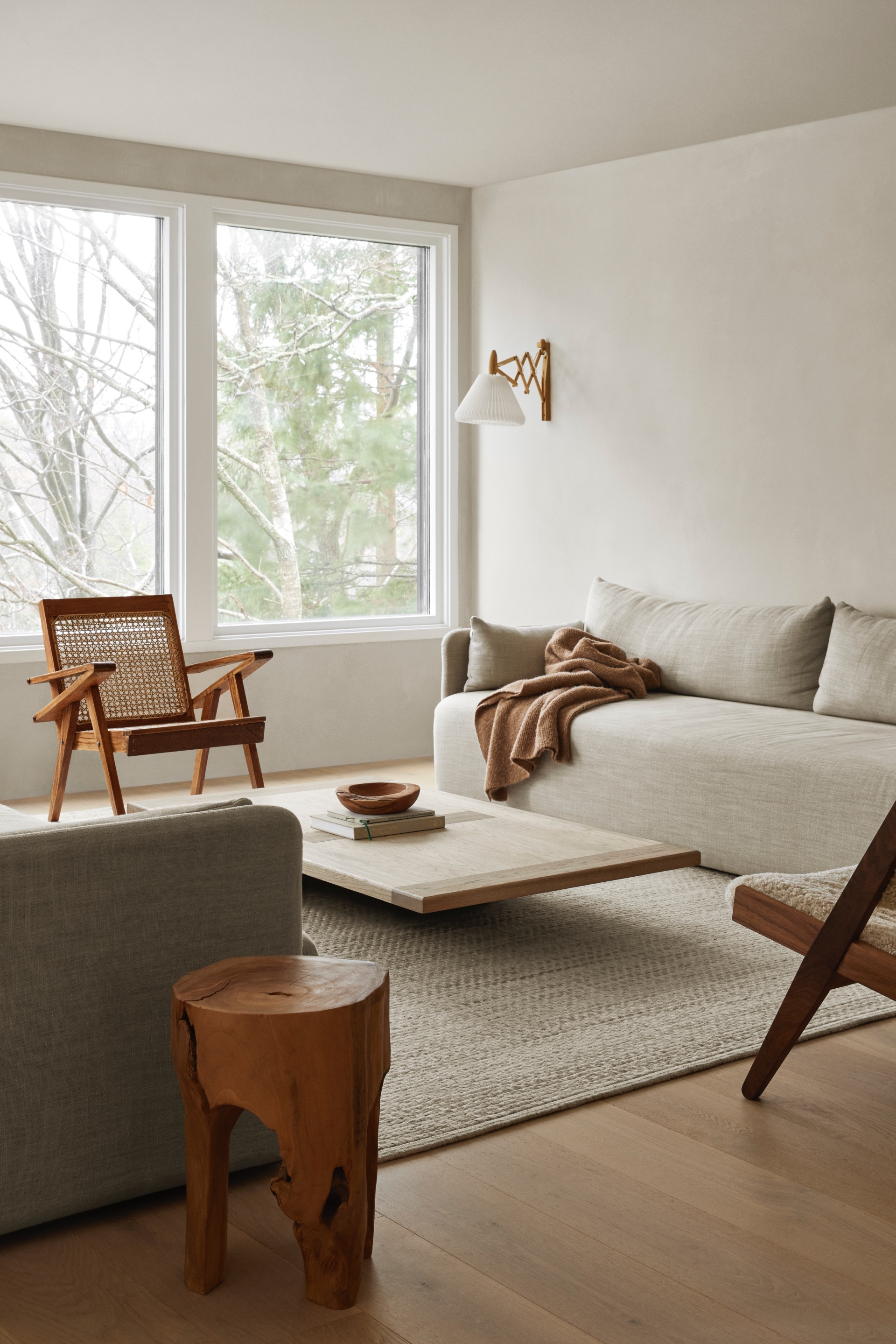
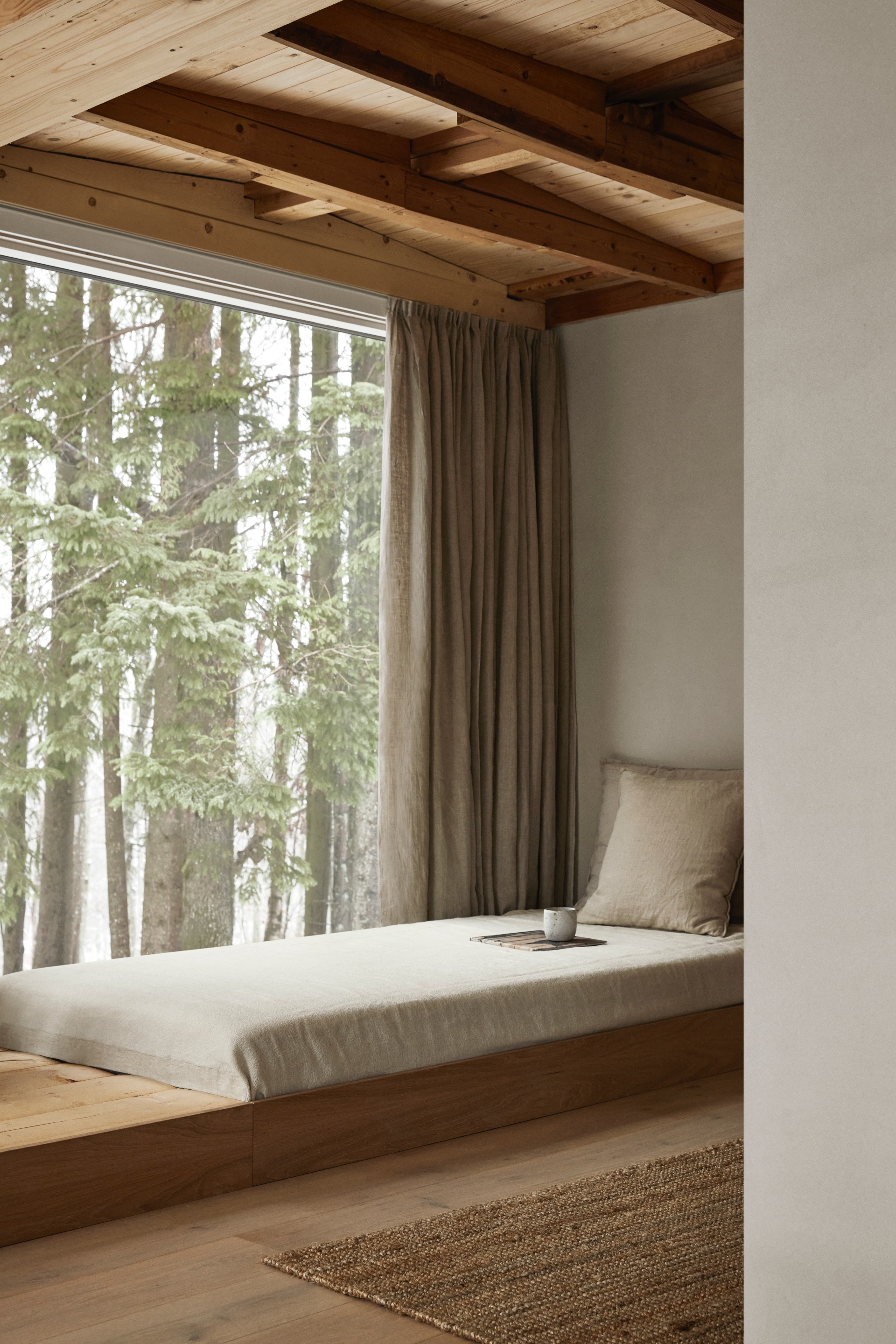
Consisting of a main house with two floors, and a guest annex built in between the tree trunks, the secluded property can accommodate up to three families with each their own suite, as the bottom floor of the main house works as a hotel suite with its own bedroom, bathroom, minibar, and sauna just as the annex is also completely self-contained. Expresses architect and partner of Norm Architects, Jonas Bjerre-Poulsen, “Creating homes is often an exercise in restraint. And while the creation of a simple, authentic, and welcoming space might seem effortless and natural once completed, the journey to simplicity and the exercise of finding essence is often rather complex and not an easy task.”
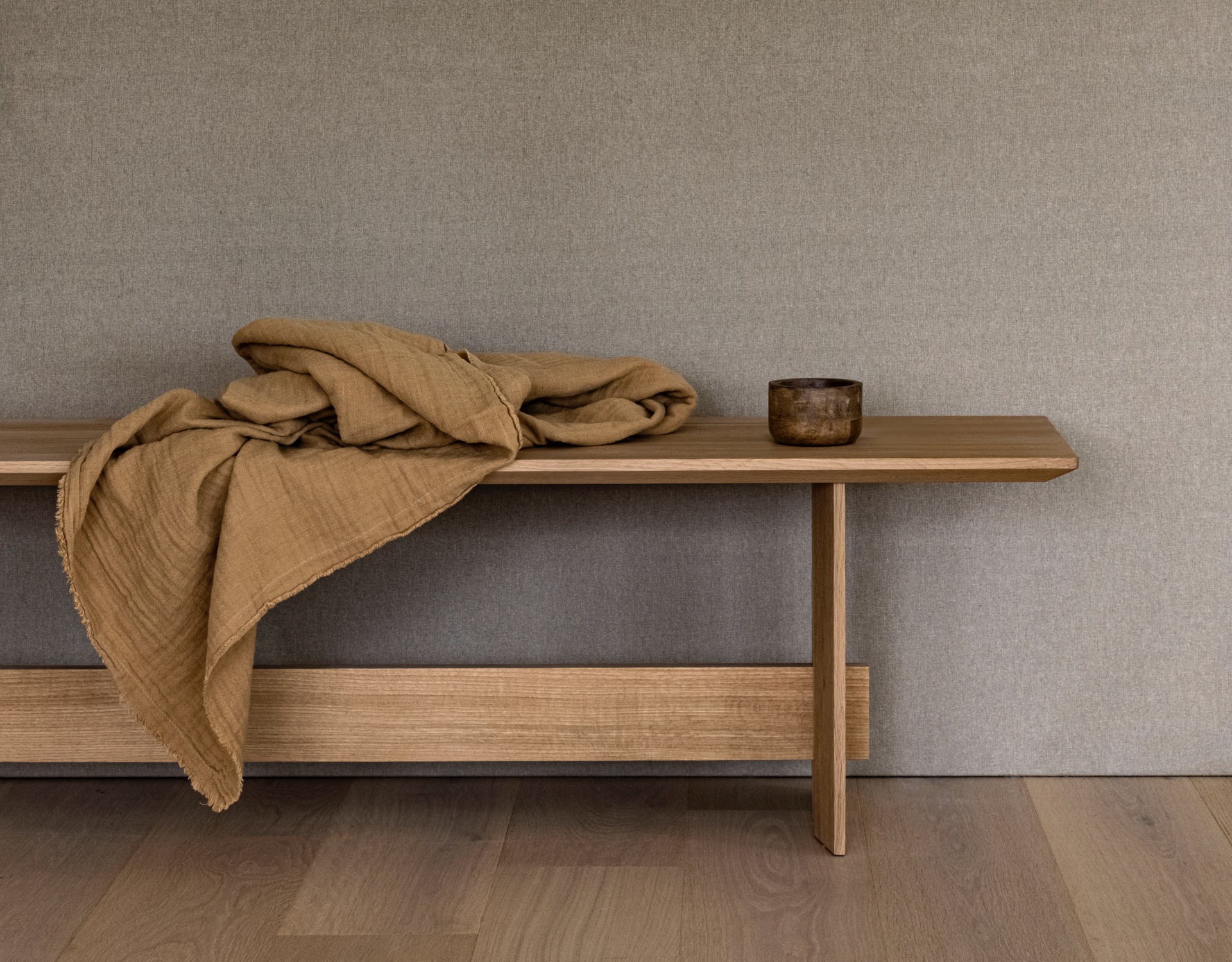
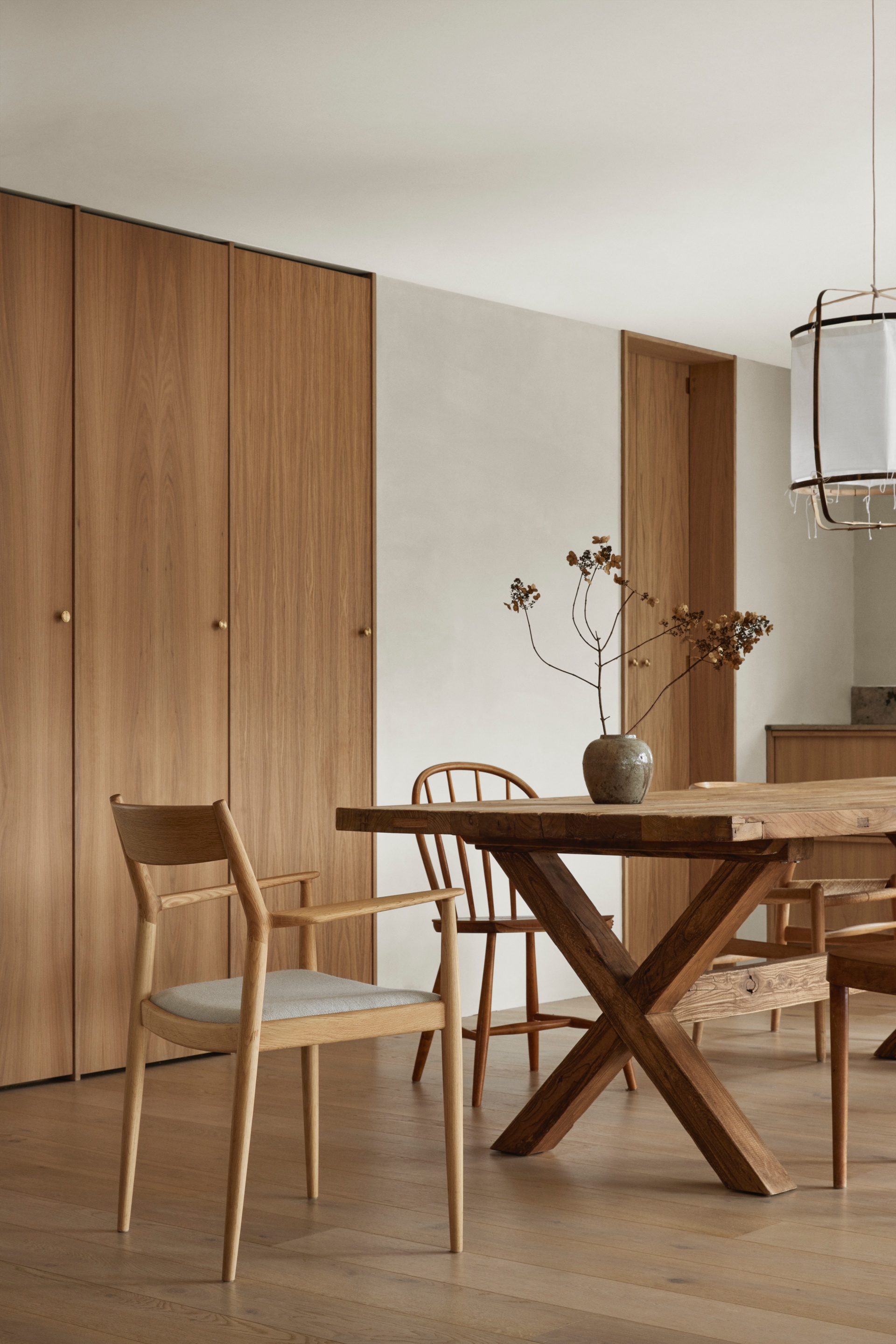
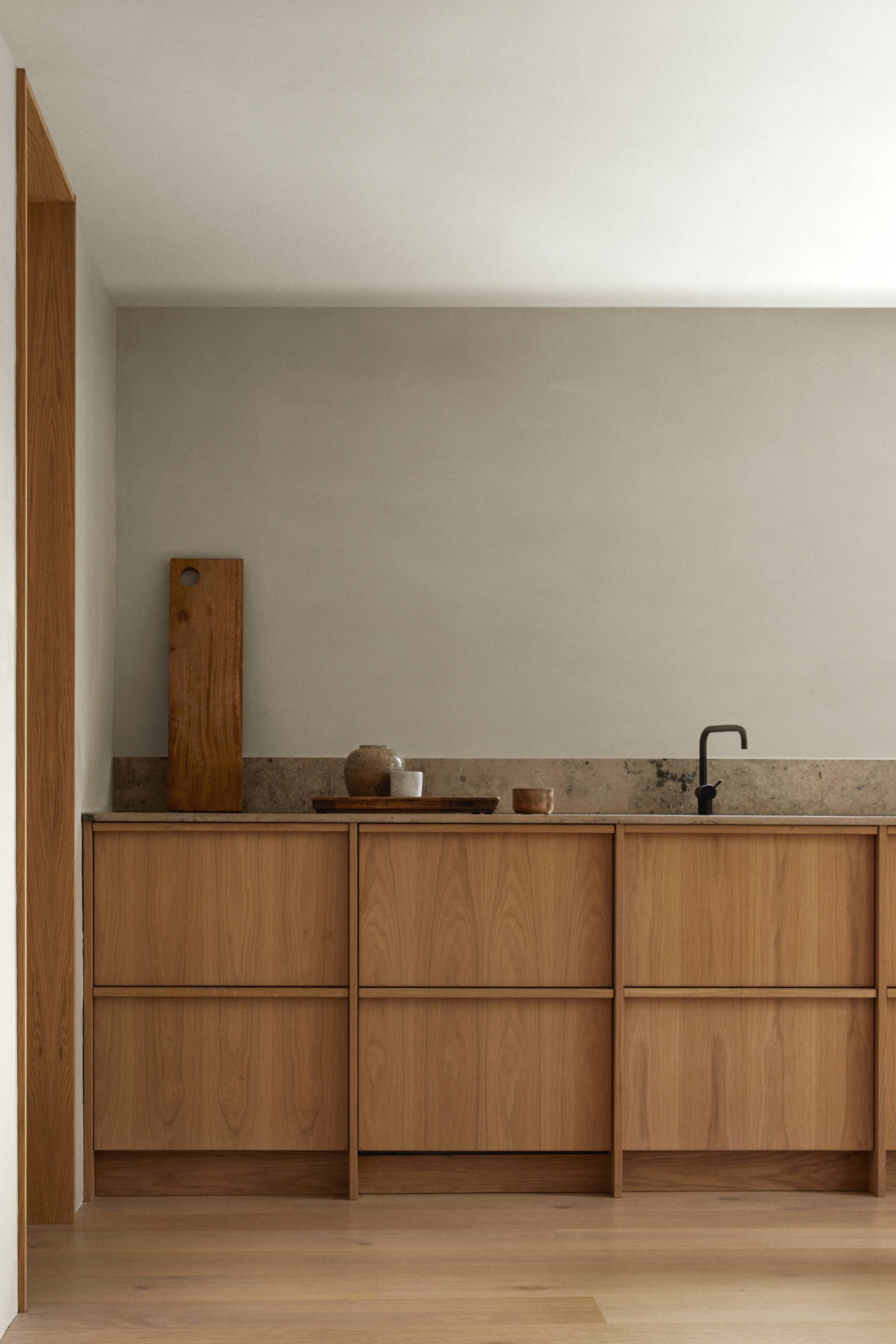
Now completely remodeled on the inside, while the exterior has been opened up with large windows and doors, the space feels visually integrated with the wonderful and completely secluded landscape outside. Internal doors leading from the main living room into the bedrooms and bath- rooms are designed as high slender wooden cabinet doors to take up as little space as possible in the smaller bedrooms. Their height visually stretches the sense of space and makes the ceiling height appear more spacious.
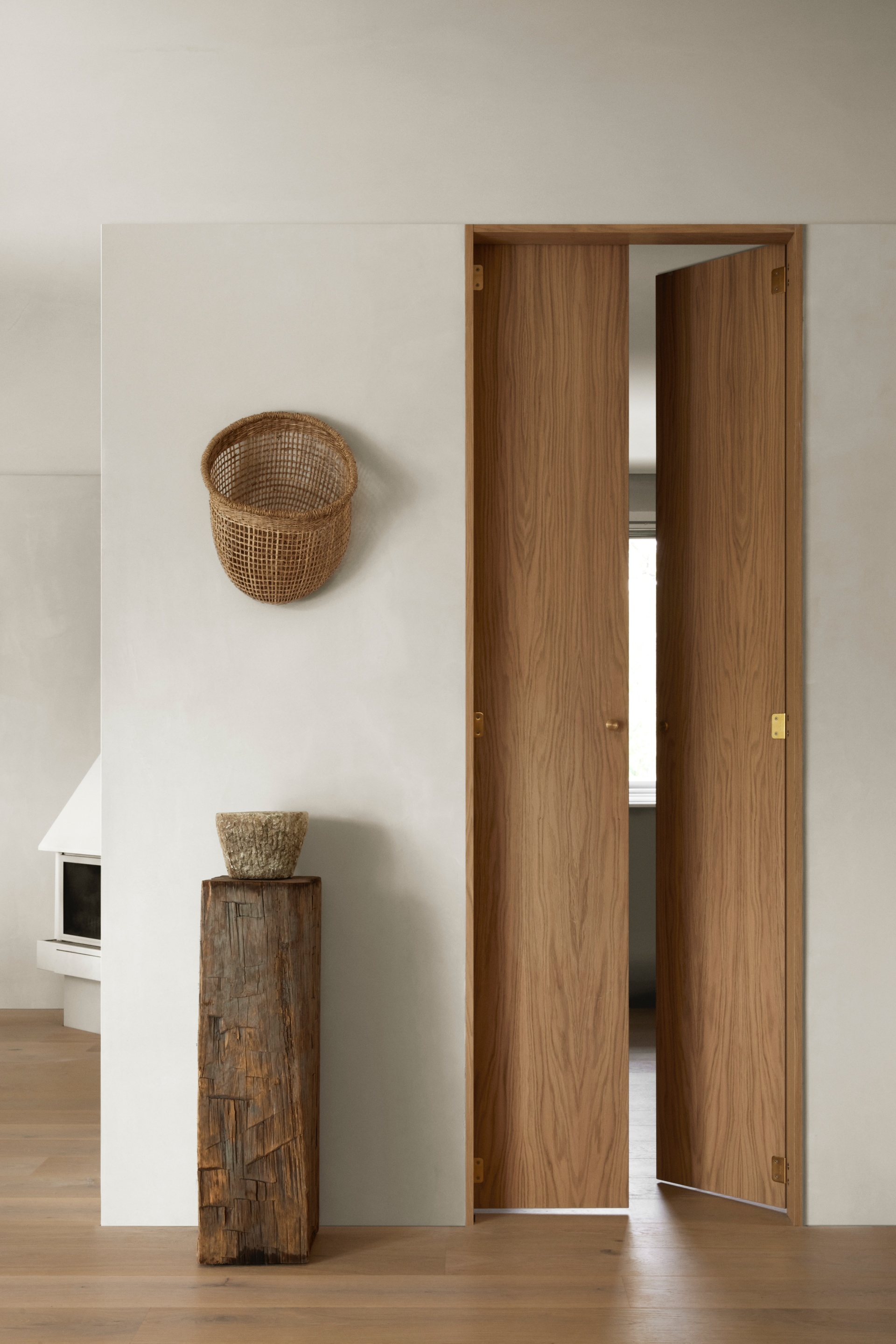
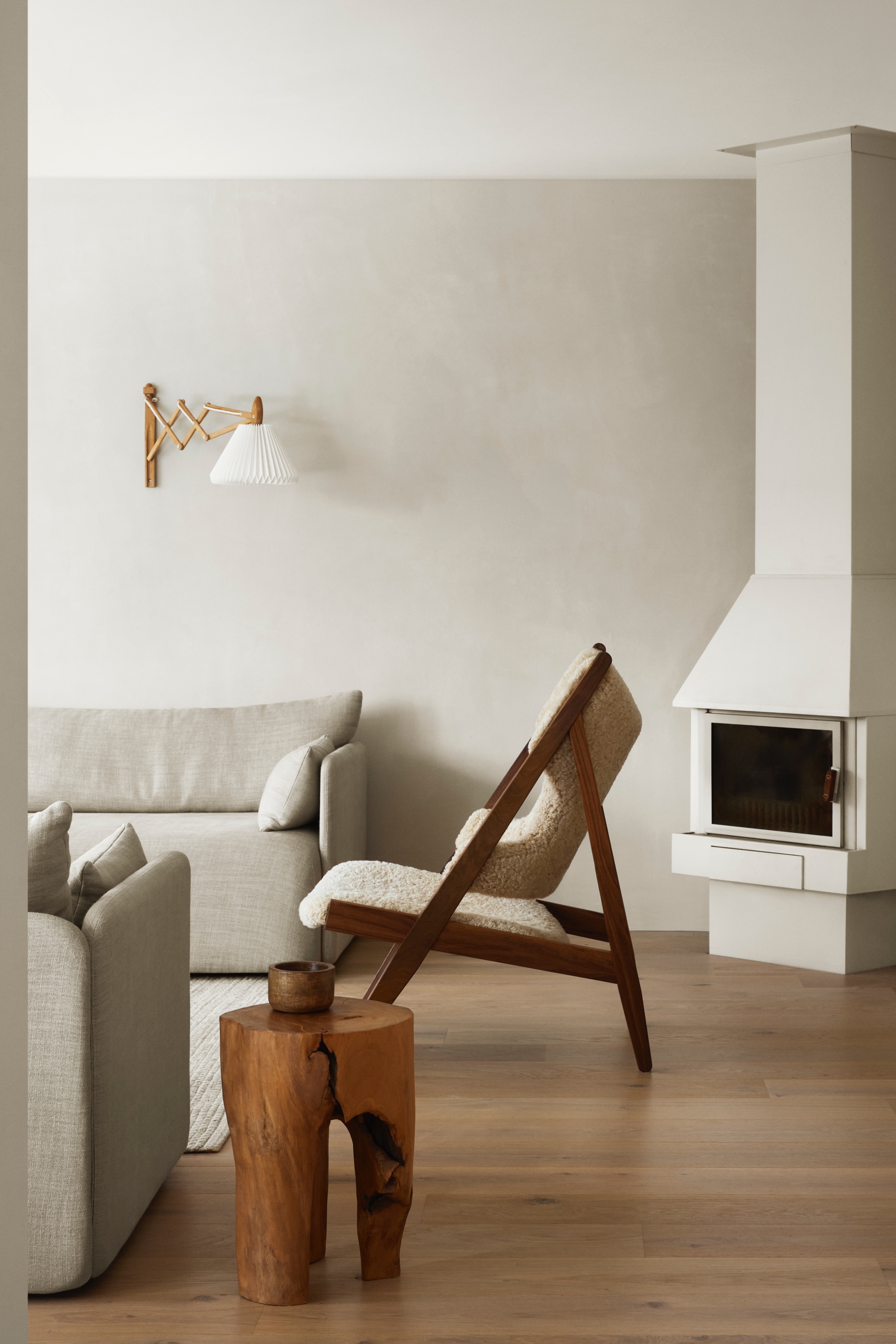
The interior material palette is kept as simple, natural, and rustic as possible dominated by oak flooring and fittings juxtaposed with dolomite plaster walls from St. Leo and a few stone elements here and there.
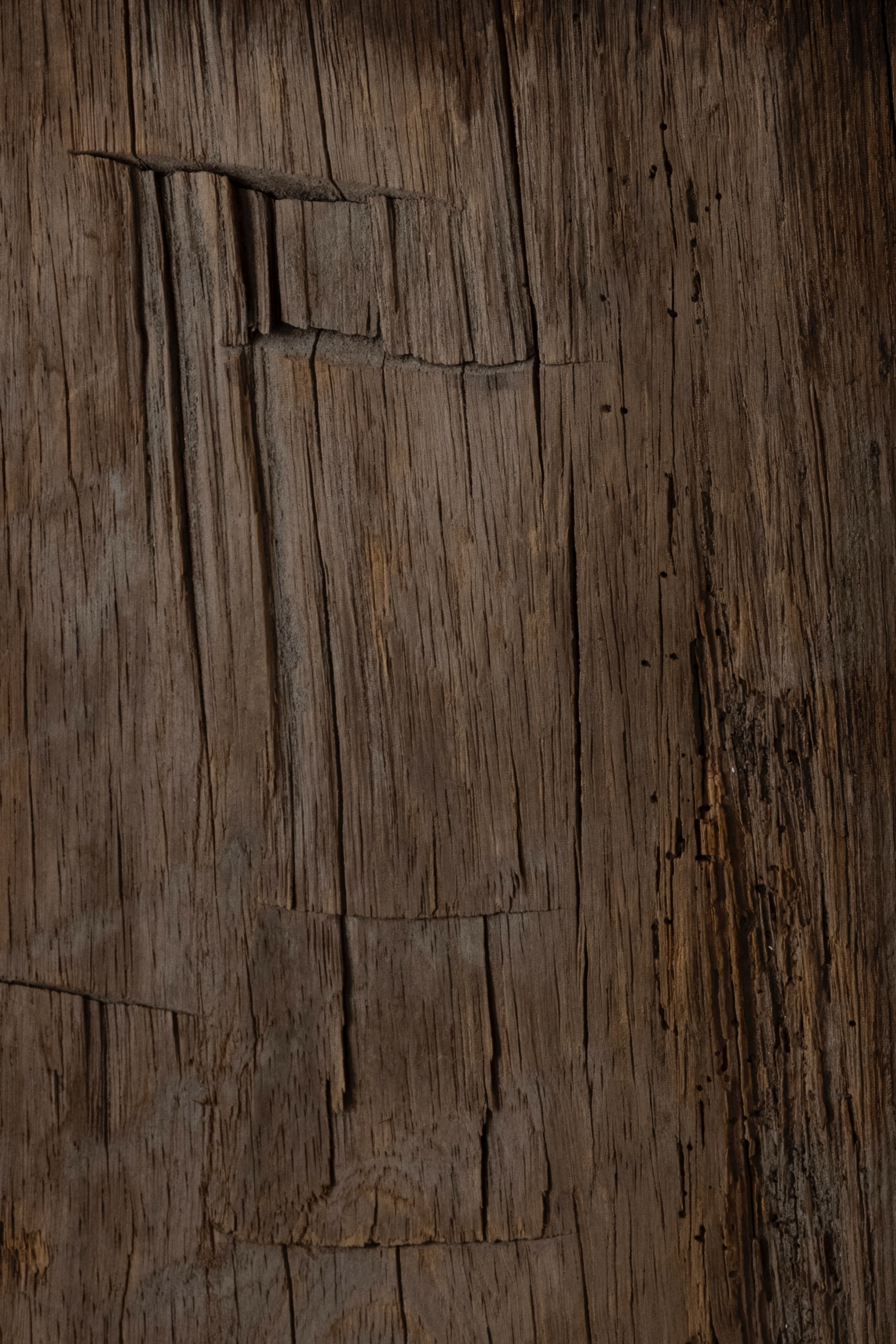
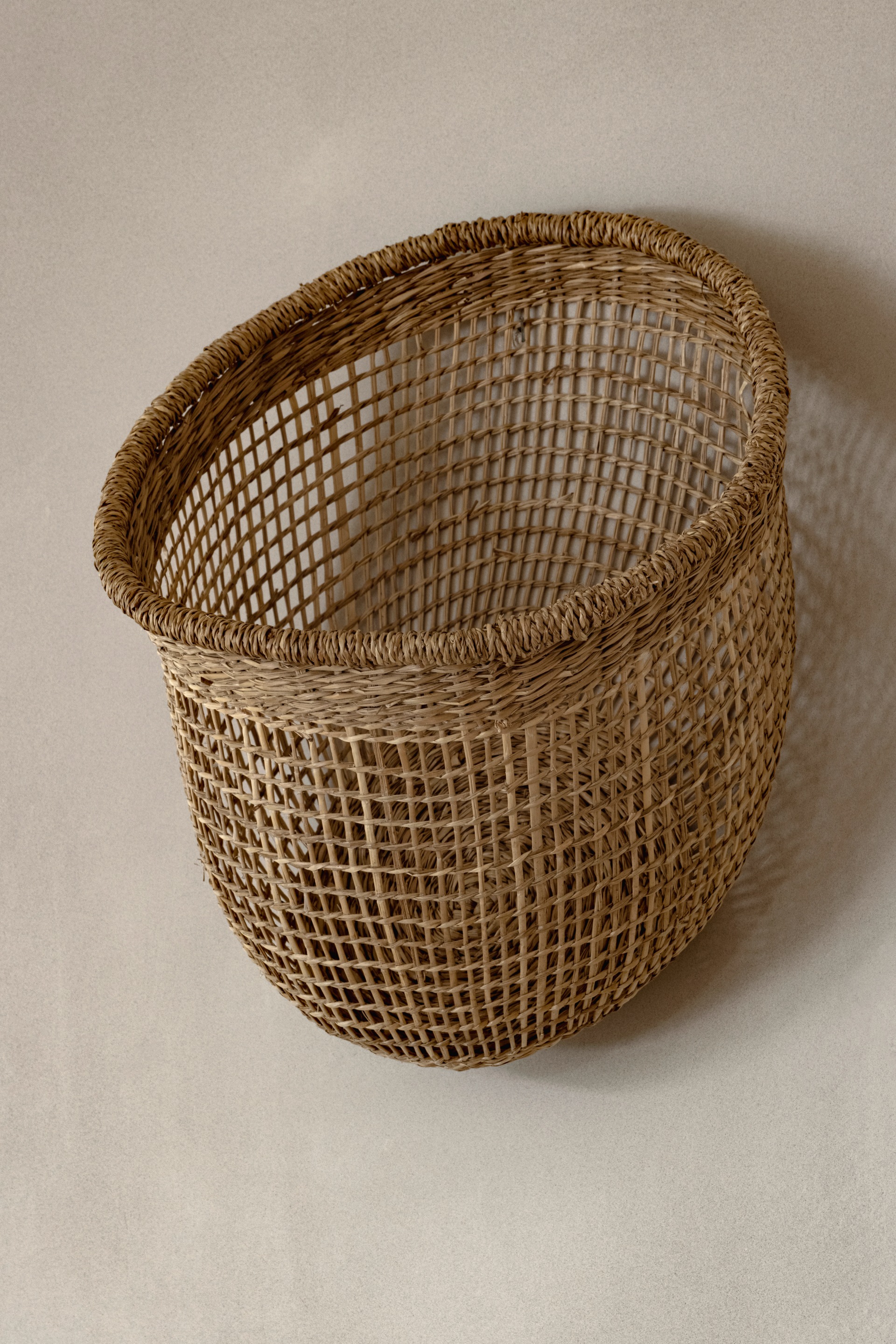
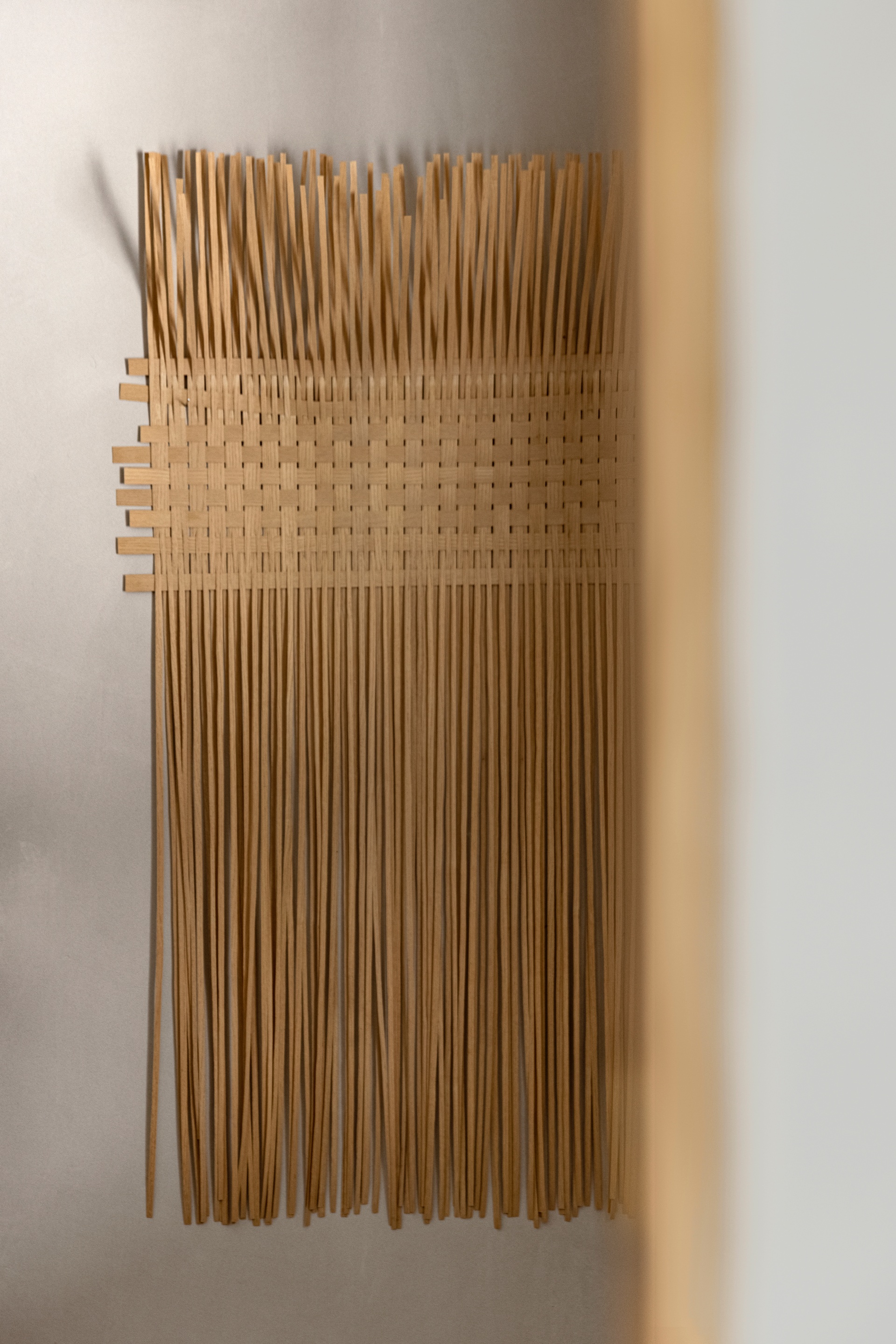
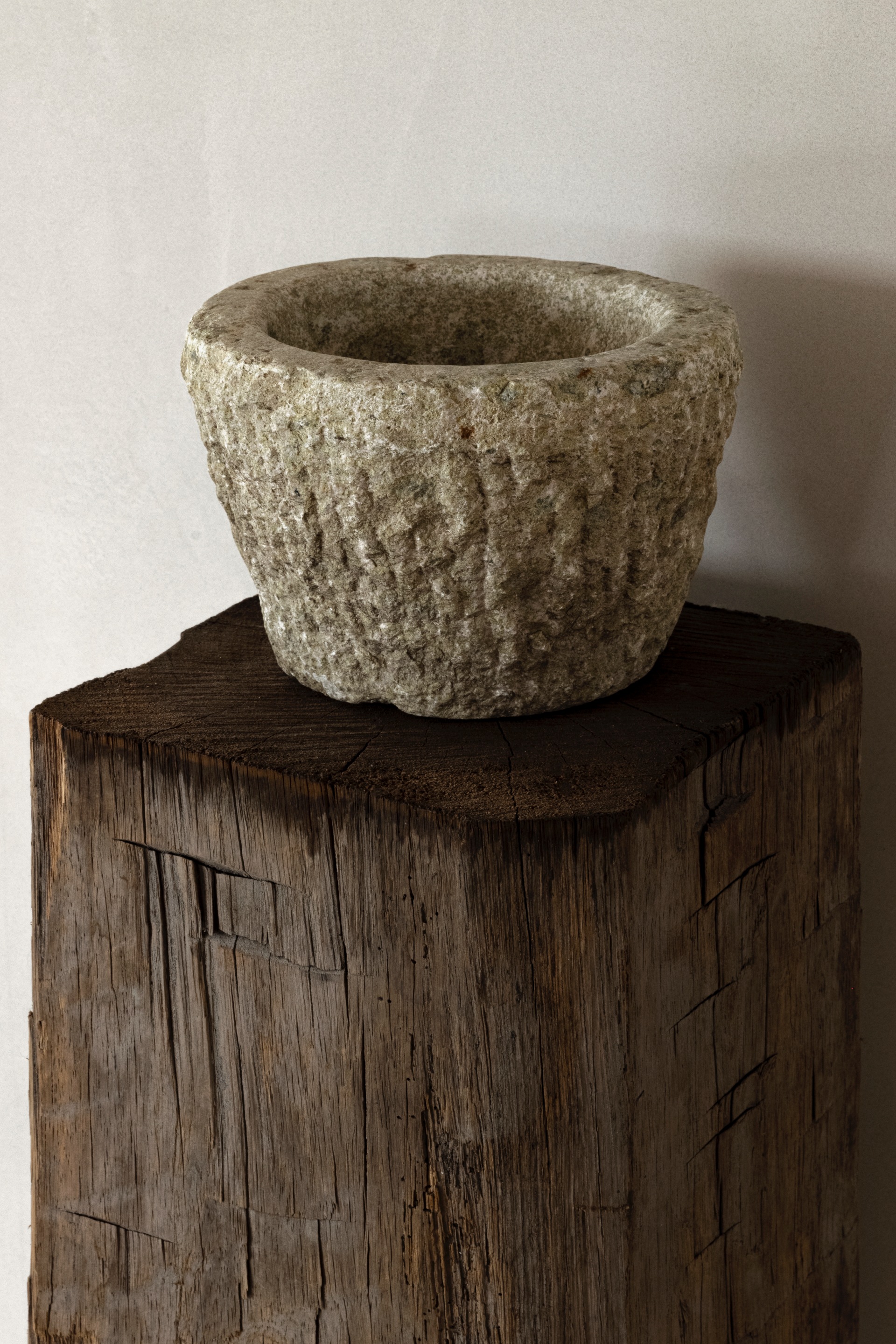
Large windows frame different valley and forest views towards east, south and west allowing the daylight to enter the combined living, dining, and kitchen space at all times of day – making nature visible within the home simply elevates the spirit and serves as a visual connection between the indoor, the outdoors, and the natural environment. The inherent warmth and textural qualities in the chosen materials magnify the expression of light and space, making sure that the sparse interior won’t ever feel empty.
